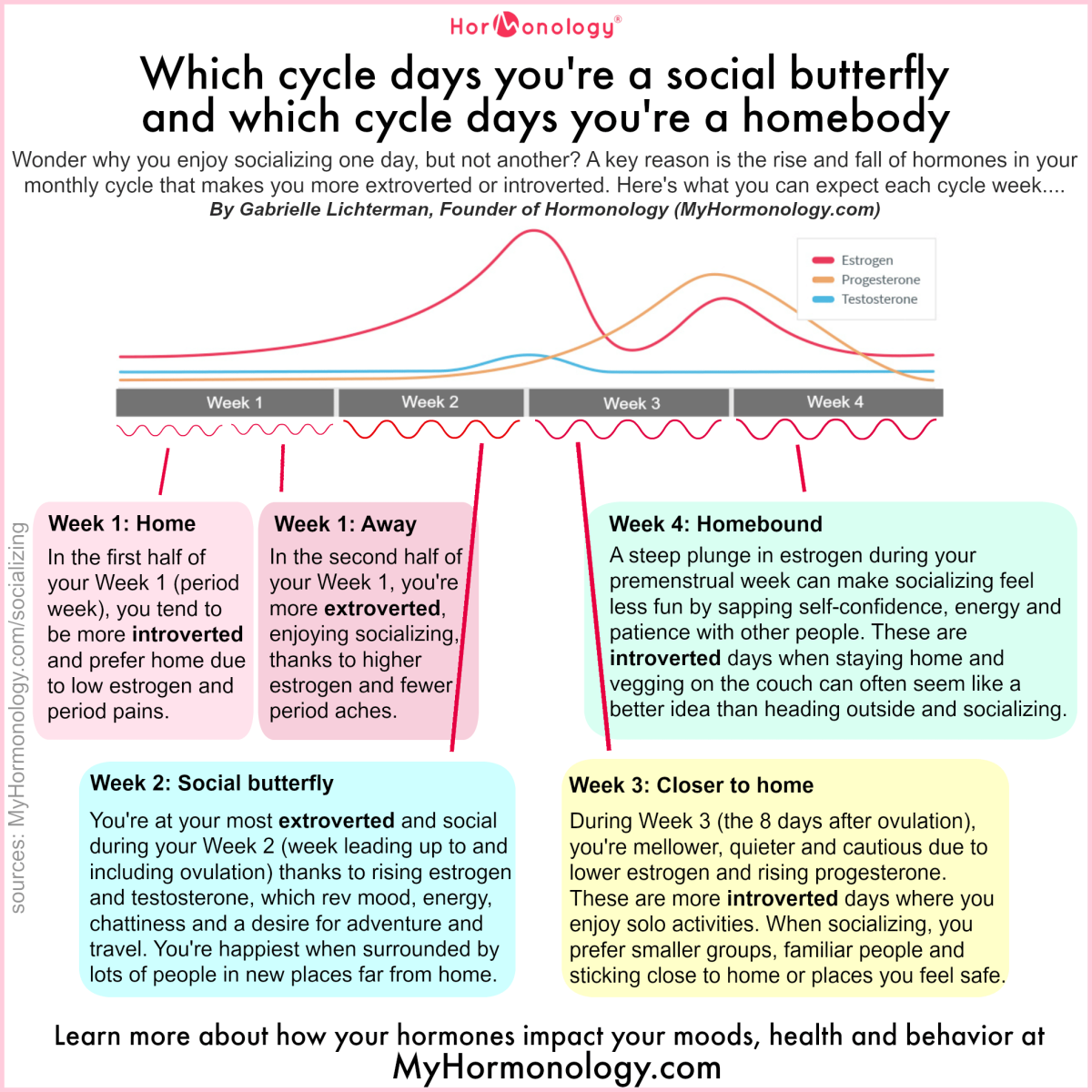Hormones play a crucial role in our overall well-being. They are chemical messengers produced by various glands in the body and are responsible for regulating numerous physiological processes. From growth and development to metabolism and mood, hormones have a profound impact on every aspect of our lives.
Hormonal Changes Throughout Life
Throughout our lives, our hormone levels undergo significant changes. During puberty, for example, the body experiences a surge in sex hormones like estrogen and testosterone, which leads to various physical and emotional transformations. Similarly, during pregnancy, a woman’s hormone levels skyrocket in order to support the growth and development of the fetus. As we age, hormonal changes also occur. Women, in particular, go through menopause, which marks the cessation of their reproductive capabilities. During this time, the levels of estrogen and progesterone drop significantly, leading to a range of symptoms such as hot flashes, night sweats, and mood swings.
Common Causes of Hormonal Imbalances
Hormonal imbalances can occur at any age and can be caused by a variety of factors. Some common causes include: Stress: Chronic stress can disrupt the delicate balance of hormones in the body. Dietary choices: Consuming a diet high in processed foods and sugars can negatively impact hormone levels. Lack of sleep: Inadequate sleep can disrupt the production and regulation of key hormones. Medical conditions: Certain medical conditions, such as polycystic ovary syndrome (PCOS) or thyroid disorders, can cause hormonal imbalances. Environmental factors: Exposure to toxins and pollutants in the environment can interfere with hormone production.
The Impact of Hormonal Changes
Hormonal changes can have a significant impact on our physical and emotional well-being. For instance, imbalances in thyroid hormones can lead to weight gain or loss, fatigue, and mood swings. Likewise, fluctuations in sex hormones can affect fertility, libido, and even cognitive function. Understanding the impact of hormonal changes is crucial in addressing potential health issues. Recognizing the signs and symptoms of hormonal imbalances can help individuals seek appropriate medical attention and treatment.
Managing Hormonal Changes
While hormonal changes are a natural part of life, there are steps individuals can take to manage and alleviate the associated symptoms. Healthy diet: Eating a balanced diet rich in fruits, vegetables, whole grains, and lean proteins can support hormone production and regulation. Regular exercise: Engaging in regular physical activity can help balance hormone levels and improve overall well-being. Stress management: Incorporating stress-reducing practices such as meditation, yoga, or deep breathing exercises can help regulate hormones. Getting enough sleep: Prioritizing quality sleep is essential for hormone balance and overall health. Seeking medical advice: If symptoms persist or worsen, it is important to consult with a healthcare professional who can identify and address underlying hormonal issues.
Conclusion
Hormonal changes are a natural part of life, and understanding their impact is vital for maintaining optimal well-being. By recognizing the causes and symptoms of hormonal imbalances, individuals can take proactive steps to manage and alleviate their effects. With the right lifestyle choices and medical guidance, hormonal changes can be navigated with minimal disruption, allowing individuals to enjoy a healthier and more balanced life.

